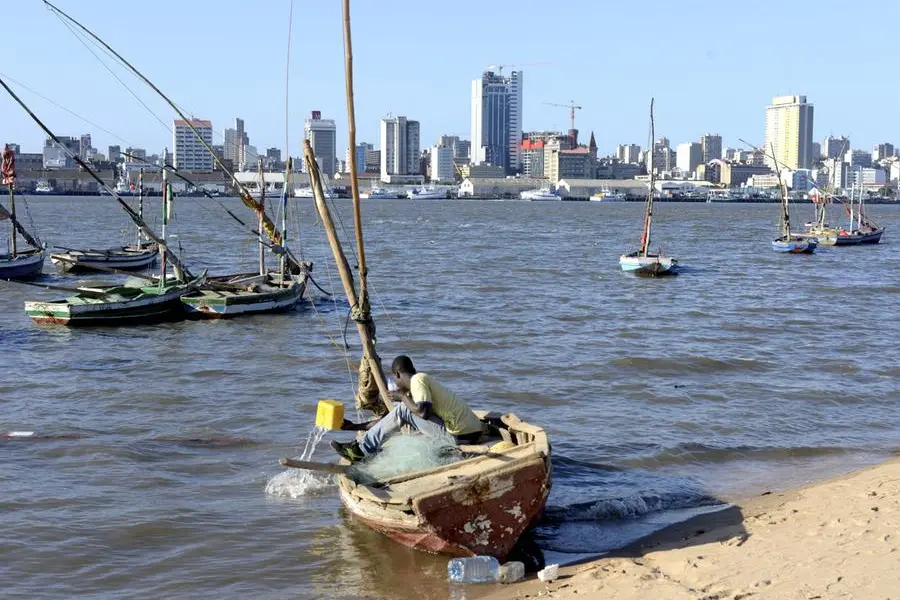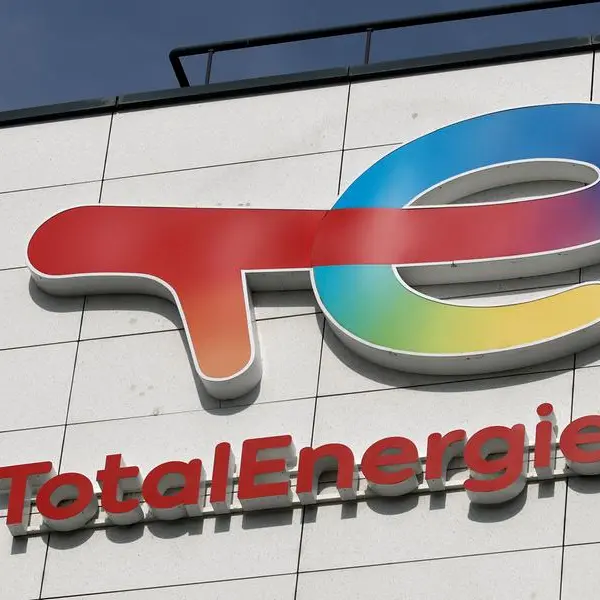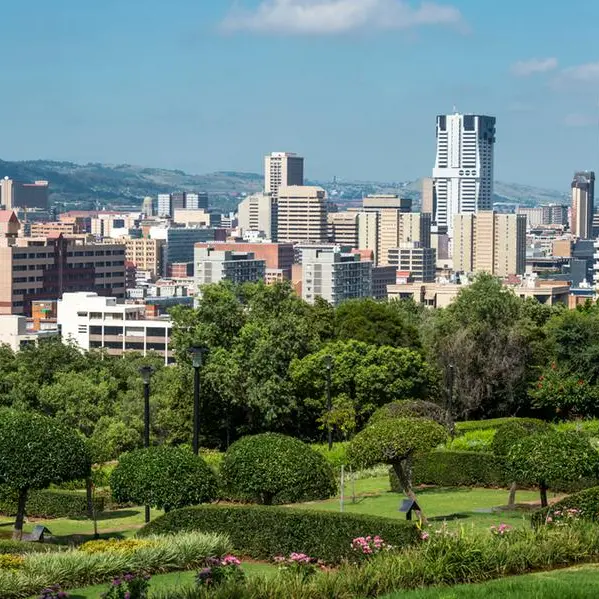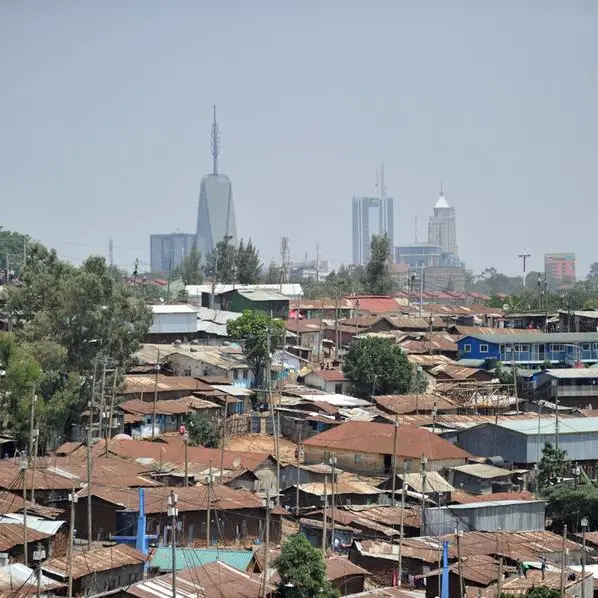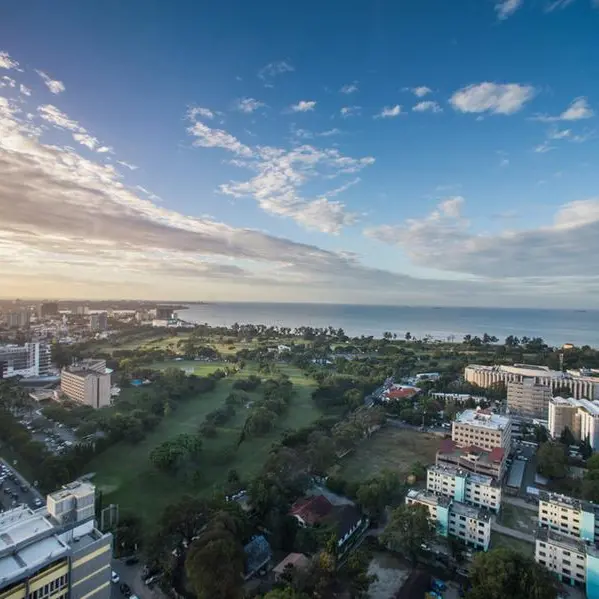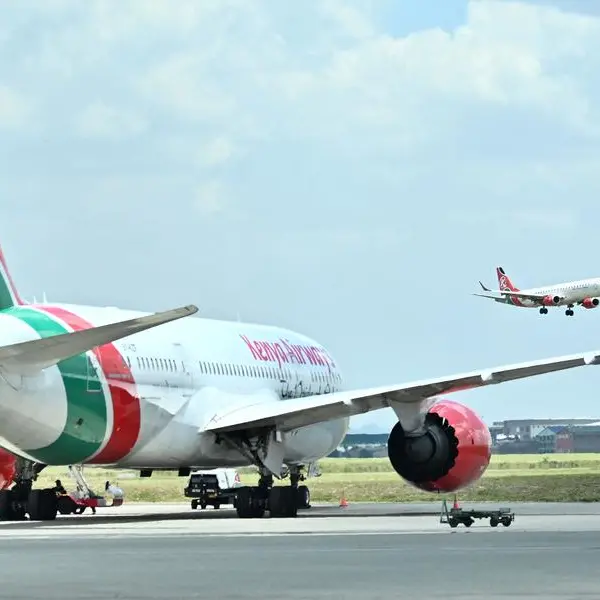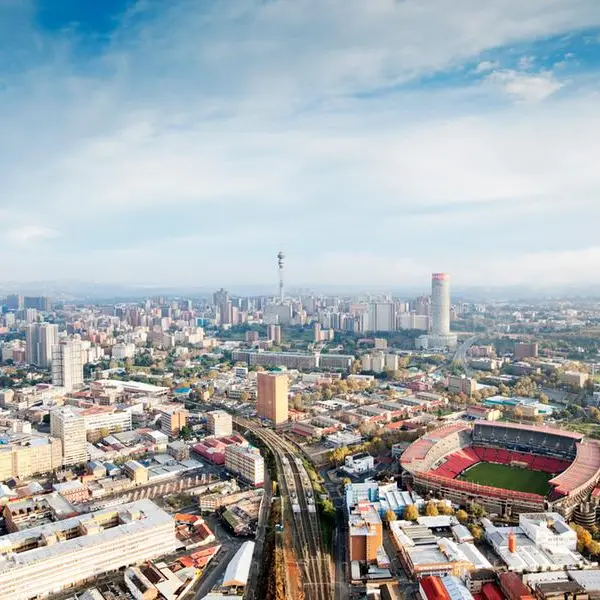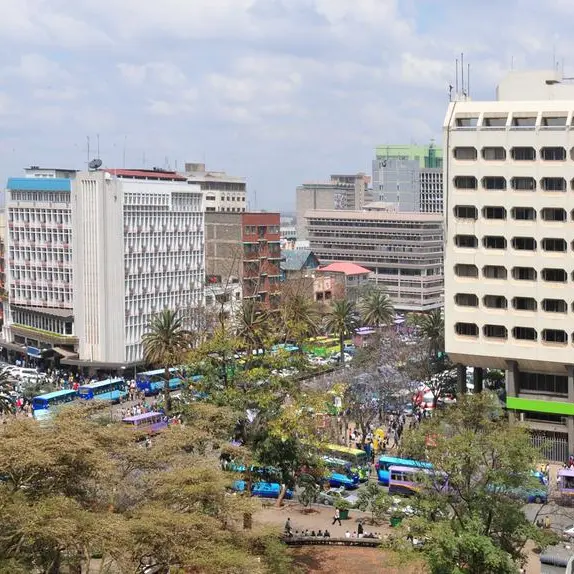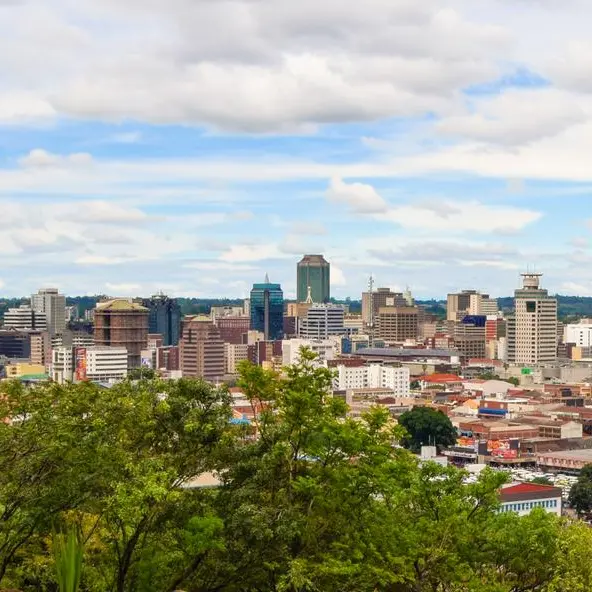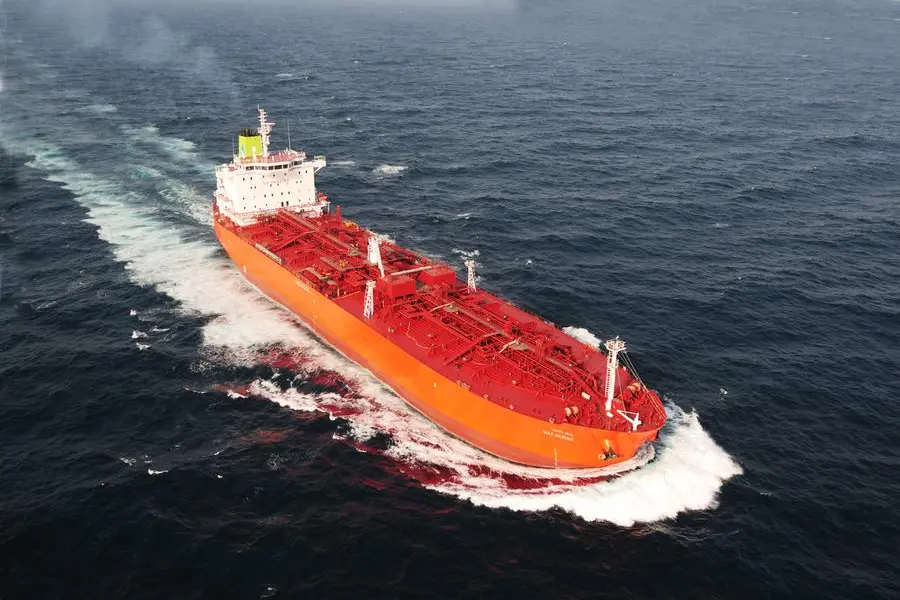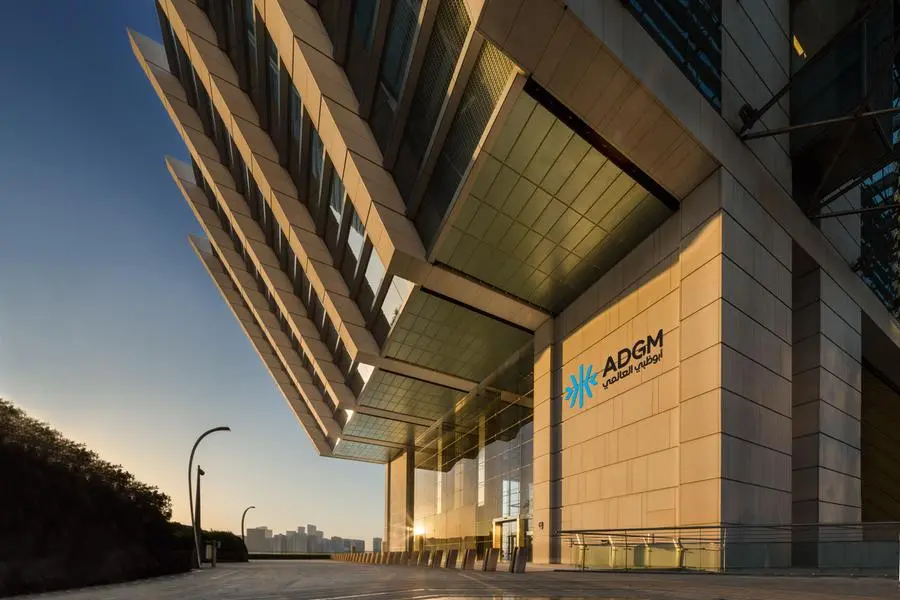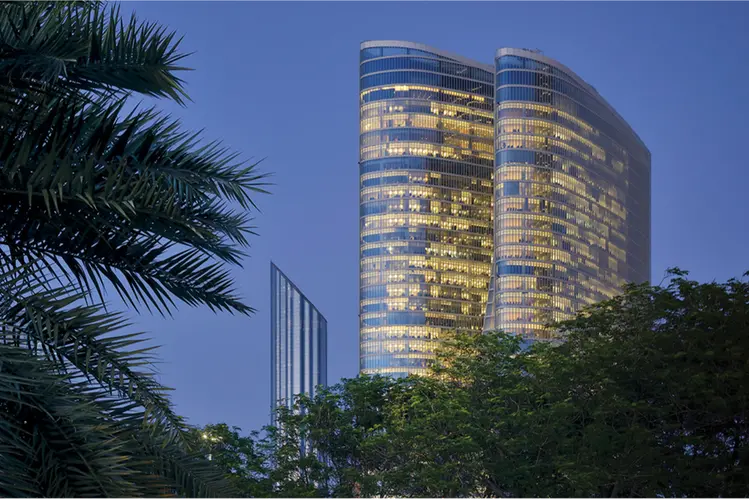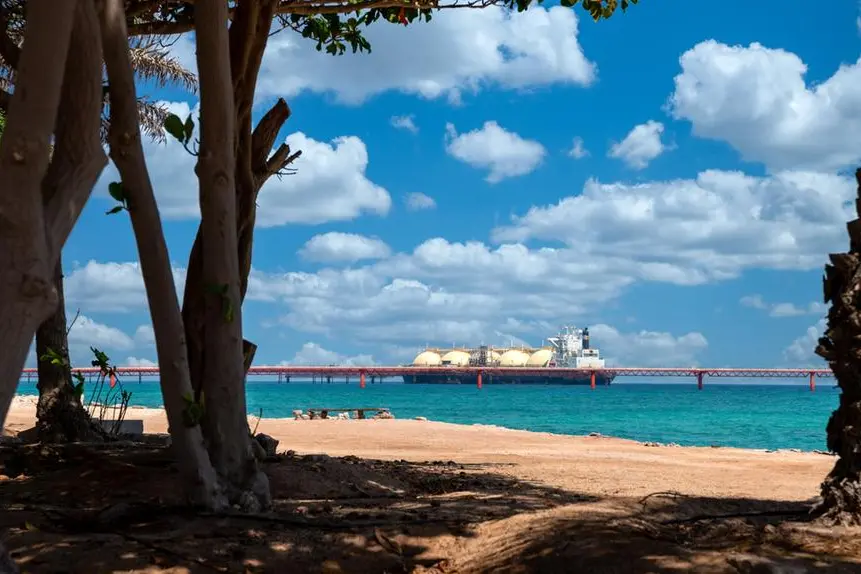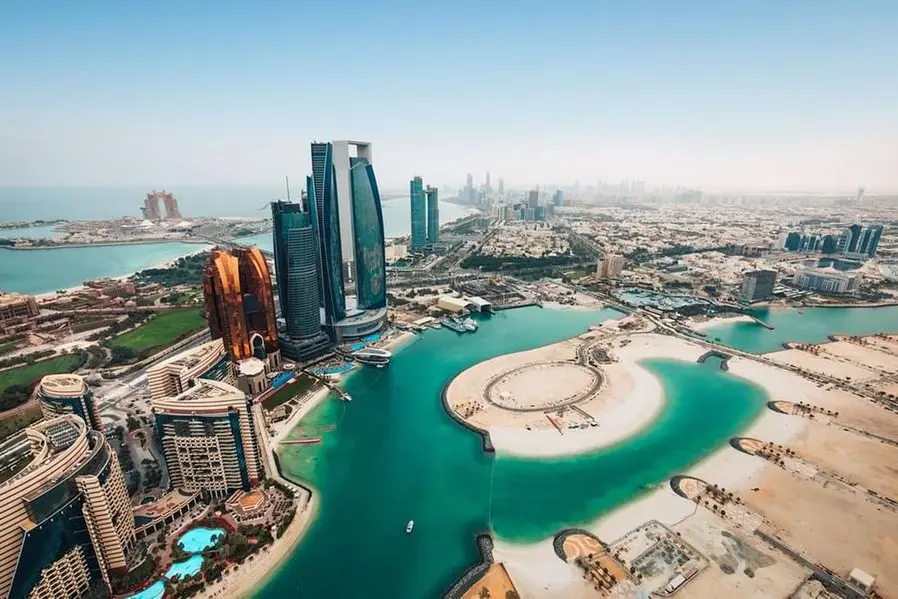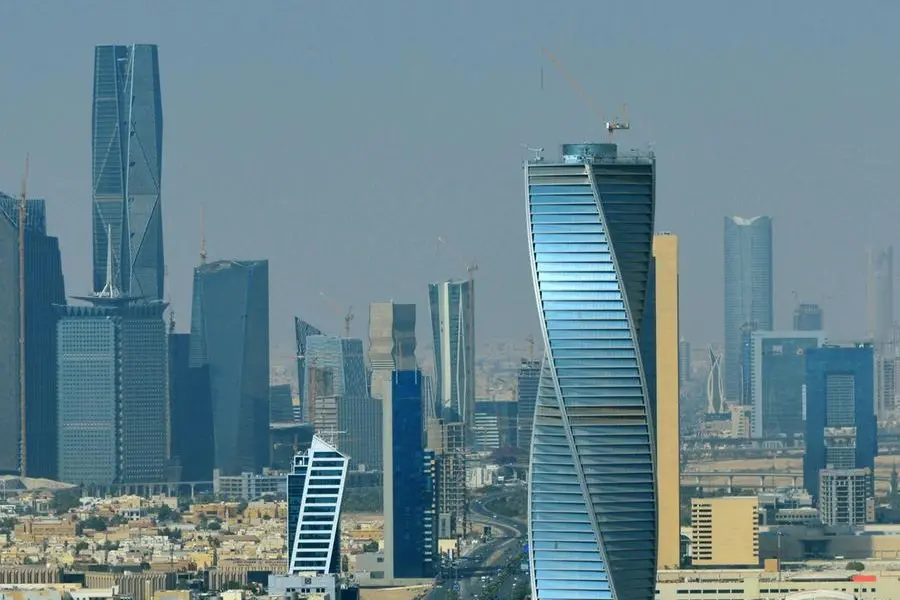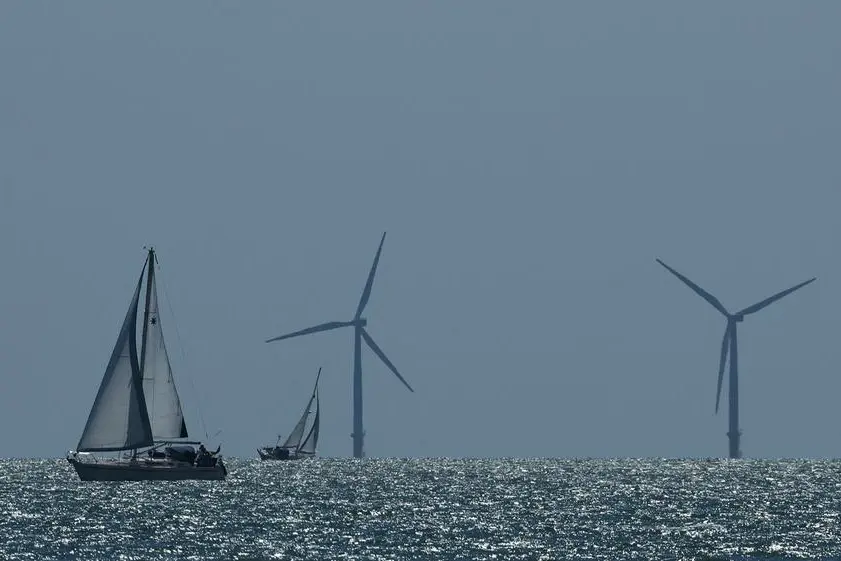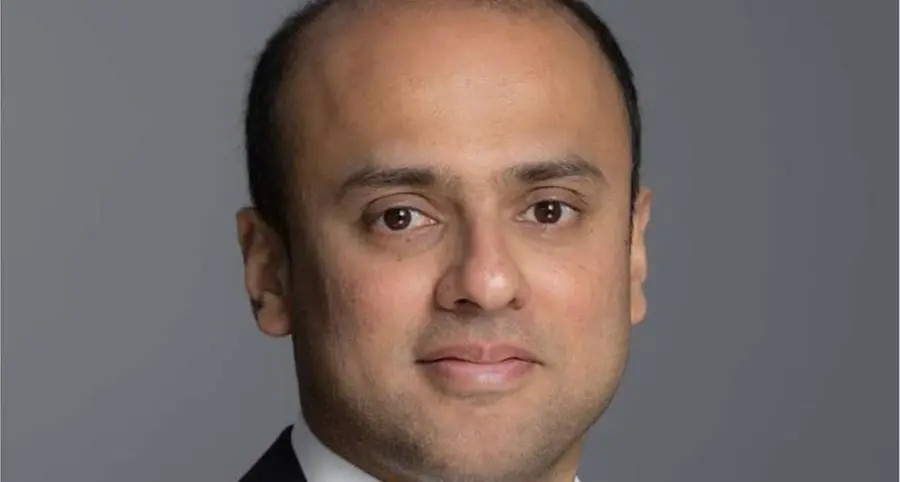PHOTO
FILE PHOTO: A fisherman cleans his boat beneath Maputo's skyline, in this picture taken August 15, 2015. REUTERS/Grant Lee Neuenburg/File Photo Image used for illustrative purpose.
Africans are frustrated by the slow progress in closing the energy access gap.
This urgency is pushing governments and financiers to reconsider fossil fuels and, for a continent still largely without reliable power, these investments are regaining appeal.
Many international financiers had withheld funding for such projects under growing pressure to combat climate change, which has hit Africa hardest. But, even as the climate crisis persists, this rigid stance is beginning to soften.
For years, institutions such as the International Finance Corporation, the World Bank, the African Development Bank (AfDB), and British International Investment (BII) avoided funding non-renewable energy.
That began to change after World Bank president Ajay Banga announced in April that the lender would support natural gas and adopt an “all of the above” approach to energy in poorer countries.
Mauritius Commercial Bank (MCB), which recently launched an Africa expansion strategy, is among them. CEO Thierry Hebraud defends this approach as essential to powering Africa’s transformation.“Not only renewable energy will be able to power the transformation we need in Africa. The continent needs time to transition. Six hundred million people in Africa have no access to electricity—they cannot wait,” he said in an interview.
According to him, such financing is acceptable as long as there is transparency. MCB brands itself as Africa’s leading bank in oil and gas financing. Johannesburg-based Standard Bank similarly maintains a strong presence in the sector.
Standard Bank, long criticised by activists for backing the East Africa Crude Oil Pipeline (Eacop), defends its position on the grounds of a just transition—one that balances environmental sustainability with development.
This argument, centred on equity and context, is at the heart of African resistance to energy transition policies that discourage fossil fuels when the very developed nations discouraging them built their wealth on them.
Many of the World Bank’s top shareholder countries, while pushing poor nations to abandon fossil fuels, continue to explore and profit from them, some activists argue.
In 2024, of the $110 billion invested in Africa’s energy sector, about $70 billion—or 64 percent—went to fossil fuel supply and power, according to the International Energy Agency, highlighting the sector’s financial momentum.“We’re seeing global discourse moving away from mandating how governments can develop their energy sector,” said Naomi Waruga, director of development at the Global Energy Alliance for People and Planet (Geapp), a think tank on just energy transitions.“I don’t think it’s a good thing or a bad thing that most of the money is going into fossil fuels. The continent, at the end of the day, needs to develop. It’s up to governments to decide what’s best for their people.”Still, some African lenders are going in the opposite direction. Nedbank, one of the lead financiers of East Africa’s largest wind power project – Lake Turkana Wind Power – has exited all fossil fuel investments except natural gas, which it also plans to phase out by 2030.“We have to think of the future generation. There are clean sources of energy now, how can we not deploy our funds in a more sustainable way? We have to look at the impact of fossil fuels on the environment, if we don’t do anything, it doesn’t do any of us justice,” argued Hlatse Nkune, energy finance principal at Nedbank at the African Energy Forum in Cape Town, South Africa.
Even among renewable energy players, there’s consensus that clean sources alone can’t power Africa’s development, at least not yet.“I think it’s fair that renewable energy is supplemented with fossil fuels,” said Zaheer Khan, South Africa regional director for solar manufacturer TrinaSolar. “Solar energy isn’t available all the time. Unless we invest in storage, we still need other sources.”
The initiative has secured $50 billion in commitments from the AfDB, World Bank and other financiers. But Ms Waruga cautions that far more is needed to close the access gap, and private sector lender will need to lend a hand.
Amadou Hott told the forum that the key lesson from his unsuccessful bid for the African Development Bank presidency is that for the continent, “energy is everything.”“Without abundant, reliable, affordable, and sustainable energy, we have no transformation, we have no future,” said Mr Hott, who once served as the AfDB president’s special envoy for the Alliance for Green Infrastructure in Africa.
© Copyright 2022 Nation Media Group. All Rights Reserved. Provided by SyndiGate Media Inc. (Syndigate.info).
